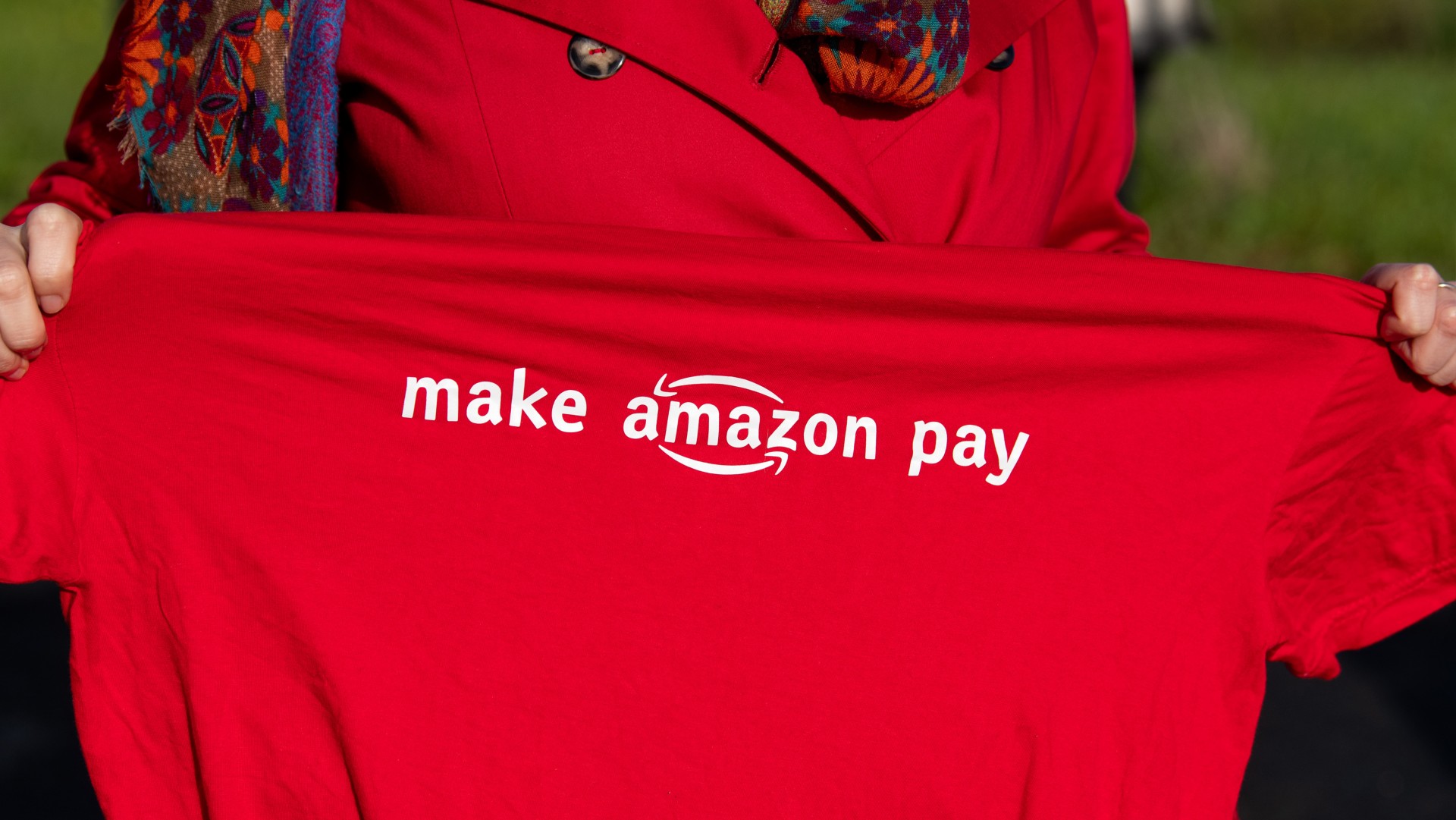Facebook: How will it fare in the next ten years?
As Facebook celebrates its tenth birthday, questions are being asked: will it continue to soar – or fall by the wayside?

A free daily email with the biggest news stories of the day – and the best features from TheWeek.com
You are now subscribed
Your newsletter sign-up was successful
IN THE past ten years, Mark Zuckerberg has taken Facebook from a Harvard dorm-room project to a multi-billion dollar machine - while revolutionising the way people communicate with one another.
As the company celebrates its tenth birthday - and record profits - analysts are attempting to predict how the social networking giant will fare over the next decade. Has growth peaked, or will the site regain momentum?
Peak Facebook Talk of Facebook’s demise is rarely out of the press. The BBC’s technology reporter Jane Wakefield says the site’s future would look quite bleak “if a glut of recent studies were to be believed”. She points to research conducted by Princeton University that used Google search data to predict that Facebook would lose 80 per cent of users in the next three years.
The Week
Escape your echo chamber. Get the facts behind the news, plus analysis from multiple perspectives.

Sign up for The Week's Free Newsletters
From our morning news briefing to a weekly Good News Newsletter, get the best of The Week delivered directly to your inbox.
From our morning news briefing to a weekly Good News Newsletter, get the best of The Week delivered directly to your inbox.
Facebook replied with a pointed reminder that studies of this sort can lead to “crazy conclusions”. It applied the same Google analysis to Princeton, claiming that the results predicted that the university would have no students by 2021 and - more alarmingly - that the world would run out of air by 2060.
Revenues A glance at the numbers suggests that demise may be a long way off. Facebook is valued at $133 billion and Zuckerberg himself is worth about $20 billion, The Wall Street Journal reports. In 2013 the company saw unique users jump from 1.19 to 1.23 billion. It has also reported a substantial growth in revenue from mobile advertising, reporting a five-fold increase between mid-2012 and mid 2013.
David Ebersman of market research company eMarket says that Facebook has gone from barely having a mobile advertising offering to being "the best mobile product" in digital marketing.
Forrester Research analyst Nate Elliott predicts that Facebook is well positioned to make money from its users - and companies seeking to reach them. "They know more about their users than any company has ever known about a population," he says.
A free daily email with the biggest news stories of the day – and the best features from TheWeek.com
Changing demographic Despite that rosy assessment, some commentators are convinced that Facebook will have to change. Tom Ollerton of We Are Social tells Marketing Magazine that his young niece provides plenty of evidence that people who have grown up with sites like Facebook and Twitter are network-savvy from a younger age and use multiple sites to communicate with one another. “There are whispers in the playground amongst her peers about which social networks they use, and what they use them for,” he says.
Where does that leave Facebook? The answer, says Ollerton, lies in distinguishing between what appeals to a younger and older generation, while developing a range of creative instant messaging options and a complementary advertising strategy.“Ten years down the line, Facebook will not be defined by the people who are on it now, but the people who are on it then,” he says.
-
 What to know before filing your own taxes for the first time
What to know before filing your own taxes for the first timethe explainer Tackle this financial milestone with confidence
-
 The biggest box office flops of the 21st century
The biggest box office flops of the 21st centuryin depth Unnecessary remakes and turgid, expensive CGI-fests highlight this list of these most notorious box-office losers
-
 The 10 most infamous abductions in modern history
The 10 most infamous abductions in modern historyin depth The taking of Savannah Guthrie’s mother, Nancy, is the latest in a long string of high-profile kidnappings
-
 Richcession: where have all the millionaires gone?
Richcession: where have all the millionaires gone?feature Global wealth has dropped for the first time since 2008 – but it may not be bad news for the economy
-
 Is Mark Zuckerberg out of ideas?
Is Mark Zuckerberg out of ideas?Speed Read The subscription service Meta Verified sounds awfully familiar
-
 How Amazon’s first UK strike could be a sign of things to come
How Amazon’s first UK strike could be a sign of things to comefeature Big Tech is facing increasing pressure from unions as cost-of-living crisis fuels nationwide unrest
-
 Meta: Zuckerberg's grand bet goes badly wrong
Meta: Zuckerberg's grand bet goes badly wrongfeature
-
 Leaning out: The most powerful woman in tech moves on
Leaning out: The most powerful woman in tech moves onfeature
-
 Sheryl Sandberg’s mixed legacy
Sheryl Sandberg’s mixed legacyIn the Spotlight The most important woman in tech is leaving Meta. Will she be missed?
-
 How toxic superusers determine what everyone else sees on Facebook
How toxic superusers determine what everyone else sees on FacebookSpeed Read
-
 Meta’s big plunge: ‘Zuck shock’ is a nasty ‘brush with reality’
Meta’s big plunge: ‘Zuck shock’ is a nasty ‘brush with reality’In the Spotlight Why have the social media giant’s shares fallen off a cliff?